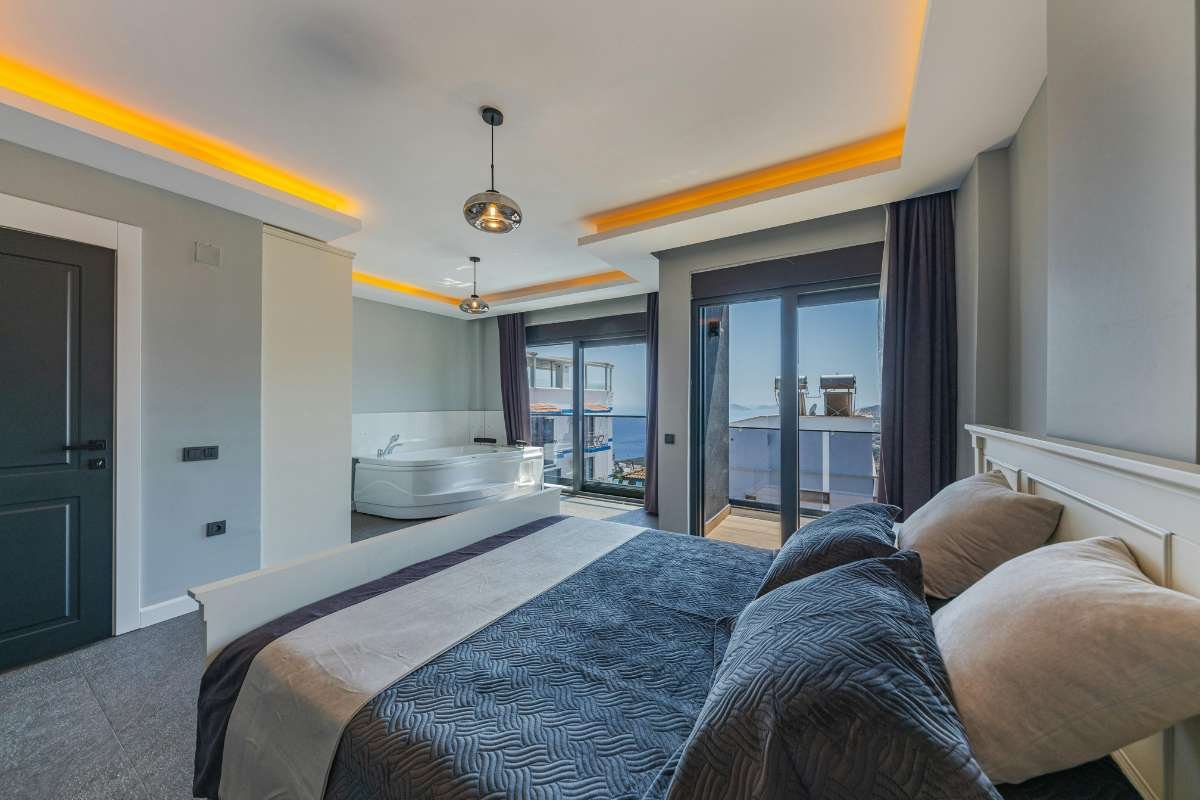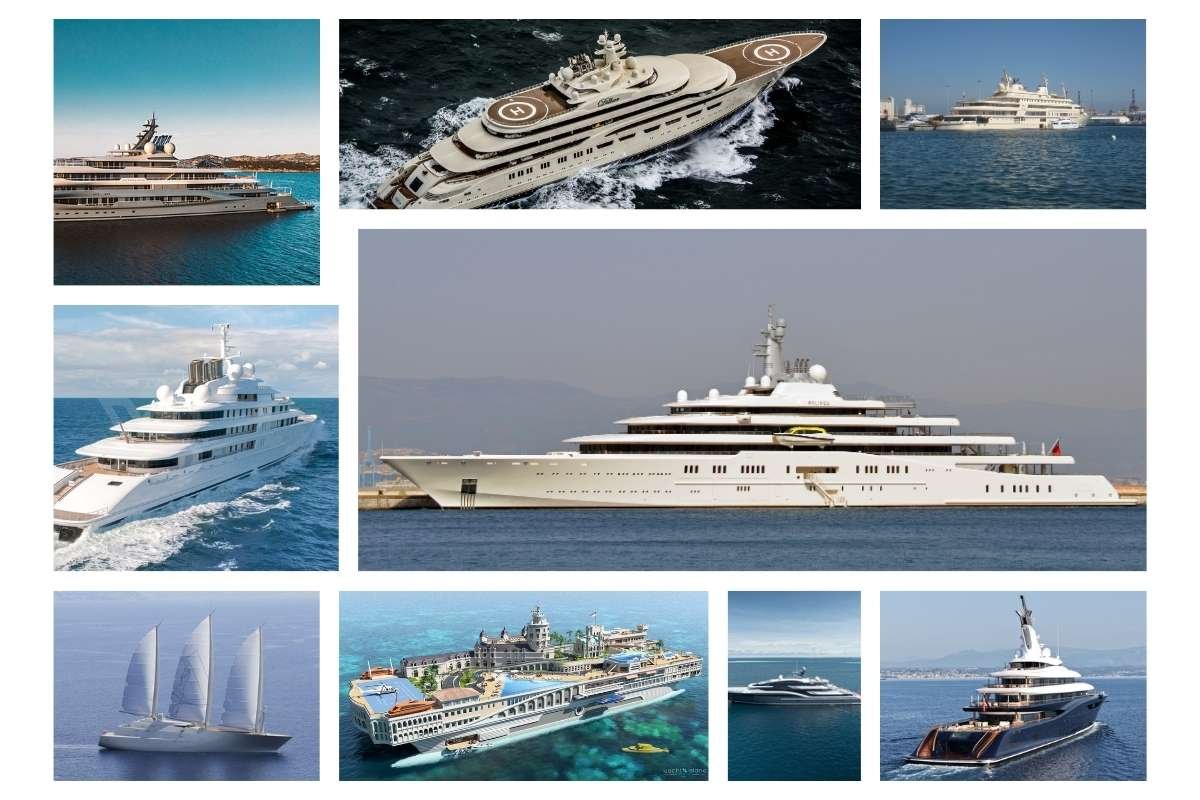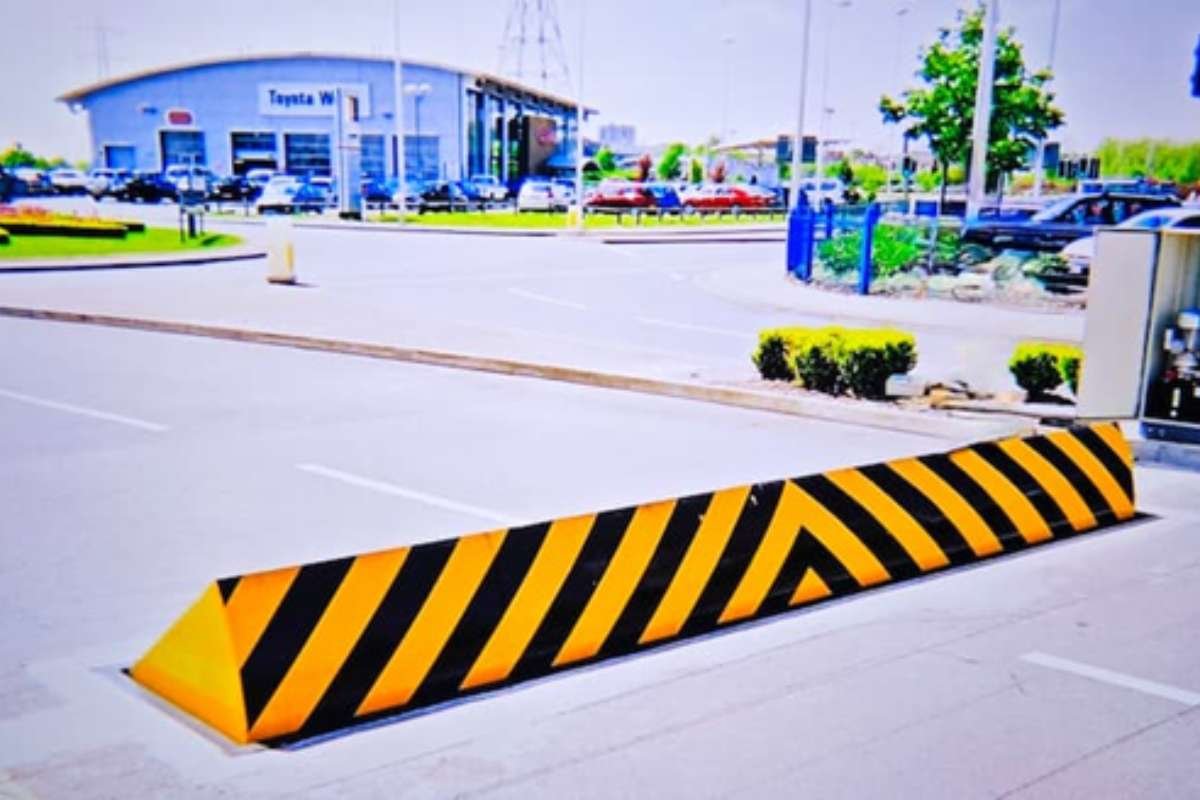The London hospitality sector is taking on a new form, shaped by flexible and sustainable solutions designed for independent travellers. The city is embracing models created for people who move between work and leisure, seeking autonomy and digital connectivity. Those who choose to stay here look for functional spaces, sustainable environments, and the comfort of home combined with professional services.
Hospitality in Transformation Across the British Capital

The way people stay in London is changing, together with the profiles of those who visit. Traditional tourism now coexists with a steady flow of professionals, students, and digital nomads who remain in the city for variable periods of time. This shift has influenced the design of accommodation, encouraging structures that allow guests to live and work in the same environment with professional-grade services.
Serviced apartments in Central London represent the most tangible expression of this evolution, combining the freedom of private living with the reliability of professional management. Their growing presence marks the move from short-term, transient stays to a more stable approach, one that fits seamlessly into the rhythm of everyday city life.
Serviced apartments as a response to modern travellers

The rise of serviced apartments reflects a broader change in how people move and work. Many visitors come to London for mid-length stays—long enough to require a stable base but not enough to justify a traditional rental.
The difference from a hotel lies not only in structure but in the relationship between guest and space. Here, residents do not simply occupy a room; they live in an environment designed for longer stays, complete with a kitchen, workspace, and digital service management. This balance between independence and practicality meets the growing demand to merge personal and professional life within the same setting.
For those travelling for business or temporary projects, the goal is to find stability without losing flexibility. The ability to personalize the space and maintain daily habits creates a sense of continuity that standardized hotels cannot provide.
From an economic and environmental standpoint, the benefits are clear. These properties enable more efficient resource management, reduce energy consumption, and incorporate technologies that simplify maintenance. For many professionals, they represent a functional, sustainable, and contemporary way of living in the city, not just visiting it.
The New Face of London Hospitality in Edgware Road

One of the clearest examples of the new London hospitality model can be found in Edgware Road. Once known mainly for its commercial and international activity, the area has evolved into one of the city’s most dynamic and accessible districts.
Located between Hyde Park and Marylebone, it offers quick access to key financial and creative hubs. Underground lines, cycle routes, and proximity to Paddington and Marylebone stations ensure smooth connections across the city. At the same time, a mix of international restaurants, independent shops, and renovated public spaces preserves its authentic, everyday vitality.
Among the new-generation properties that reflect this evolution is Líbere London Edgware Road — a flexible, tech-driven accommodation model. Fully digital management, adaptive layouts, and a functional design meet the needs of guests who combine work and travel, integrating professional services within a home-like environment.


















